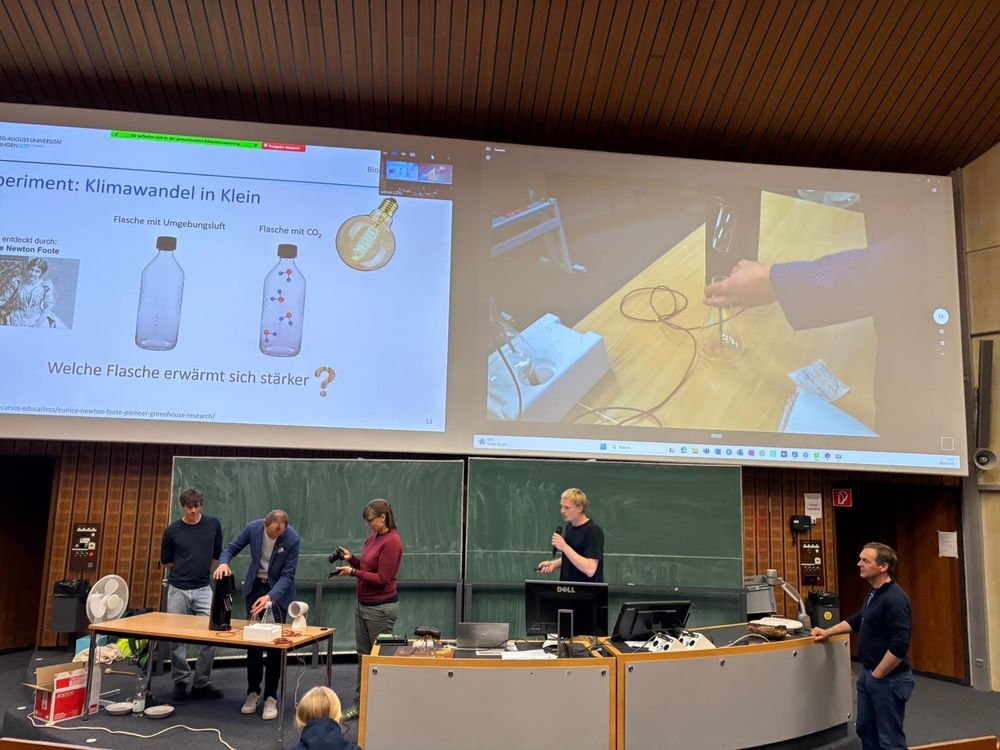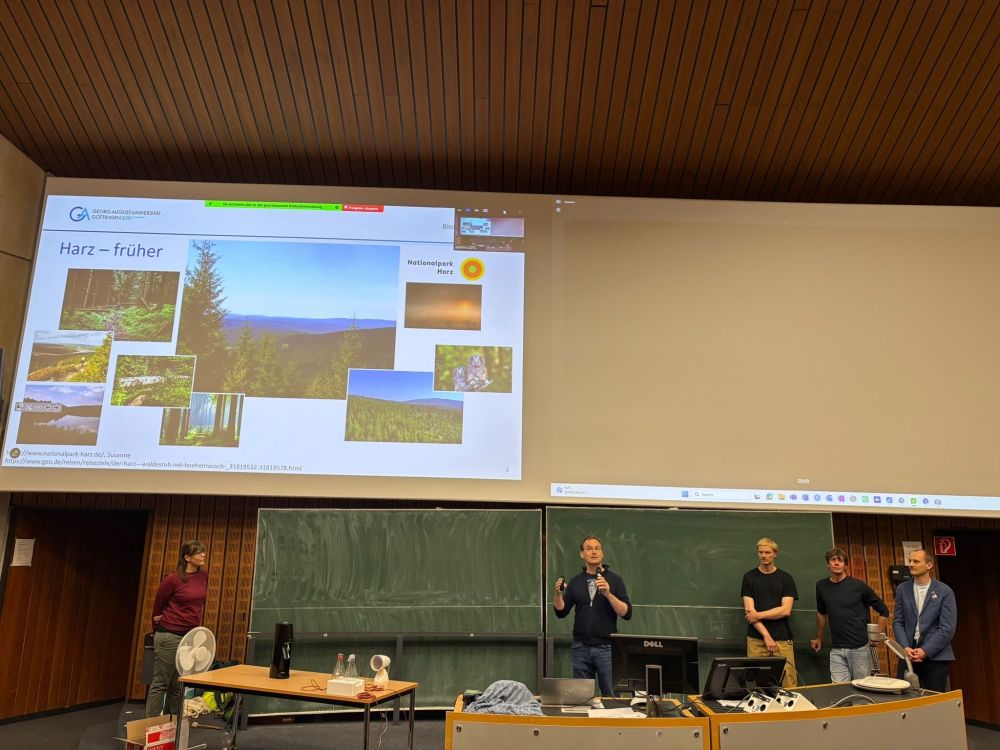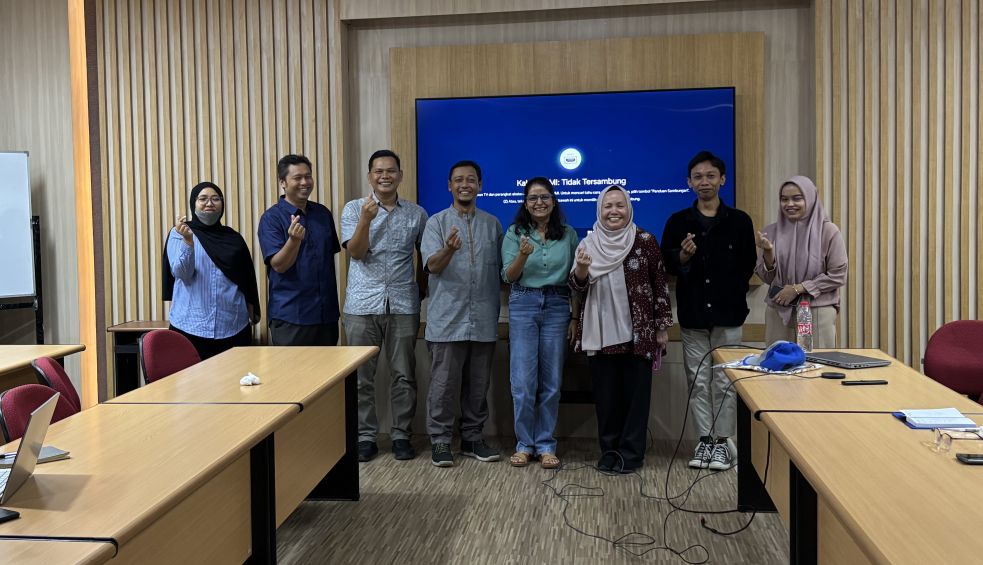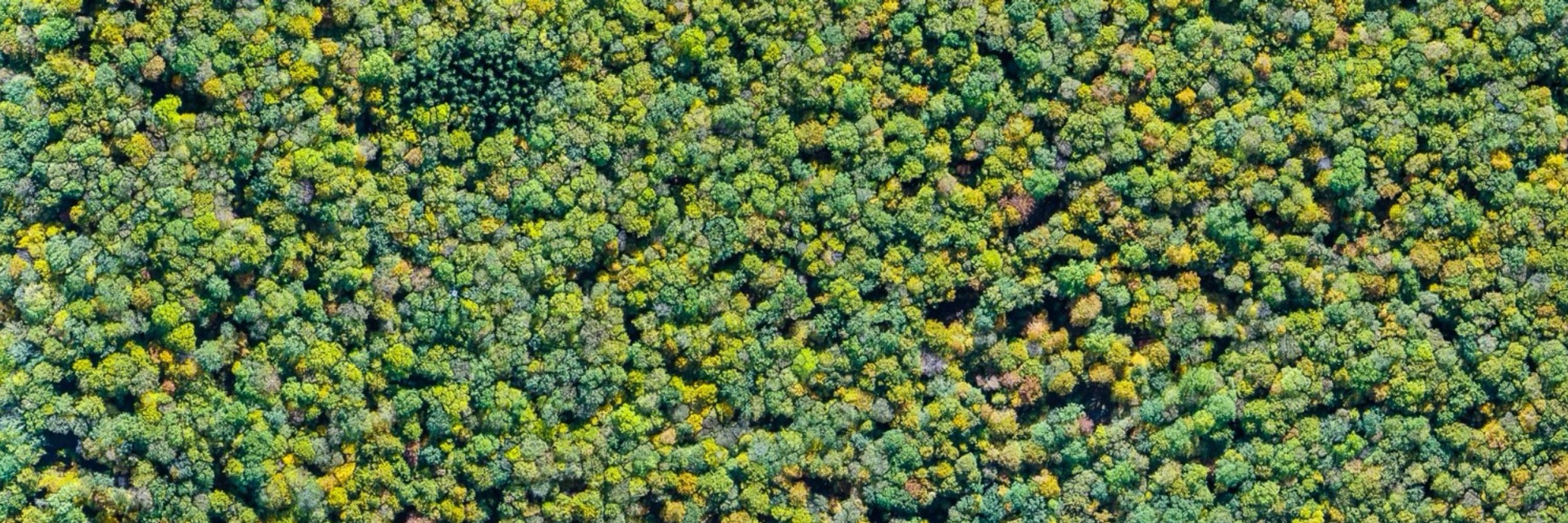
Bioclimatology lab at the University of Göttingen/Germany led by Alexander Knohl. We research the interaction between land ecosystems and the atmosphere in a changing environment.
Reposted by Ben Bond‐Lamberty, Alexander Knohl, Benjamin Wildermuth

See here for more details on the jobs: www.uni-goettingen.de/de/704255.html

www.egu.eu/news/1551/eg...
Congratulations! Well deserved

@biometlab.bsky.social

@biometlab.bsky.social
Reposted by Matthias Cuntz




Thanks everyone for coming and making it a wonderful event.
Reposted by Alexander Knohl, Matthias Cuntz


thanks to all the old and new friends from across the German speaking parts of Europe for attending. here is a list of talks and speakers. and thanks to the Goettingen team for hosting
Reposted by Matthias Cuntz










Reposted by Alexander Knohl








@biometlab.bsky.social
Reposted by Alexander Knohl

www.uni-goettingen.de/de/130445.html



@foreslab.bsky.social
@pippaschneider.bsky.social




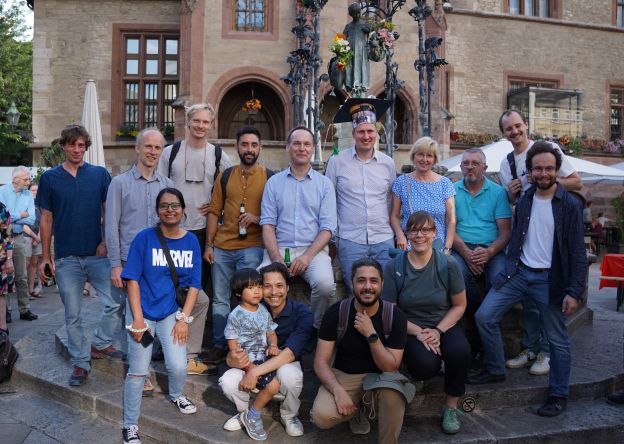

Reposted by Alexander Knohl
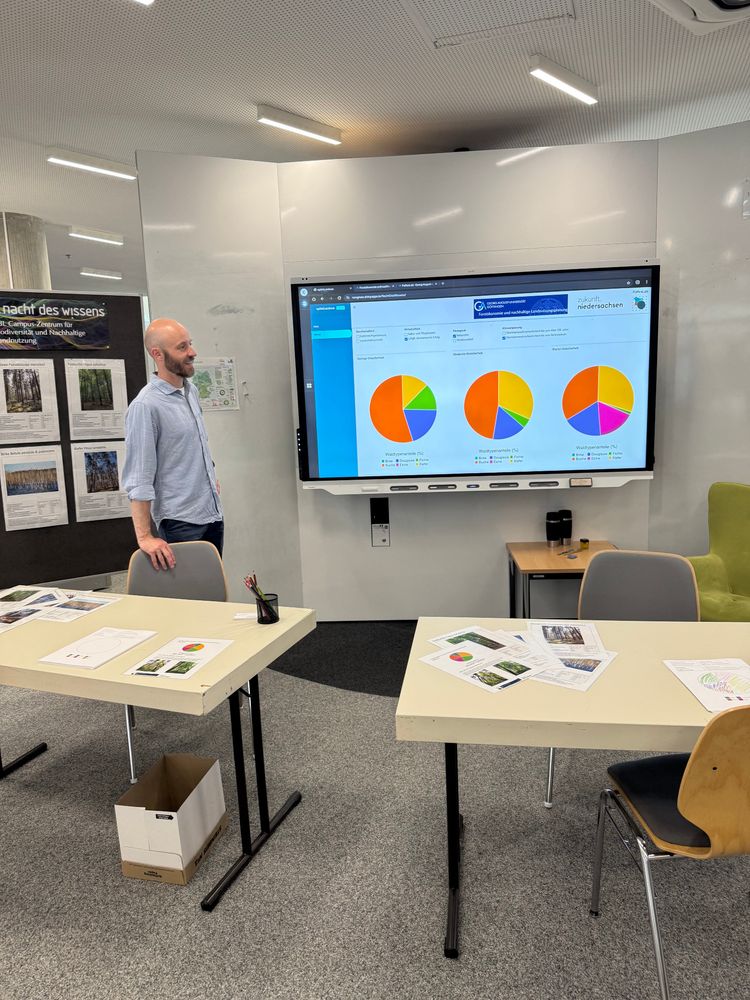
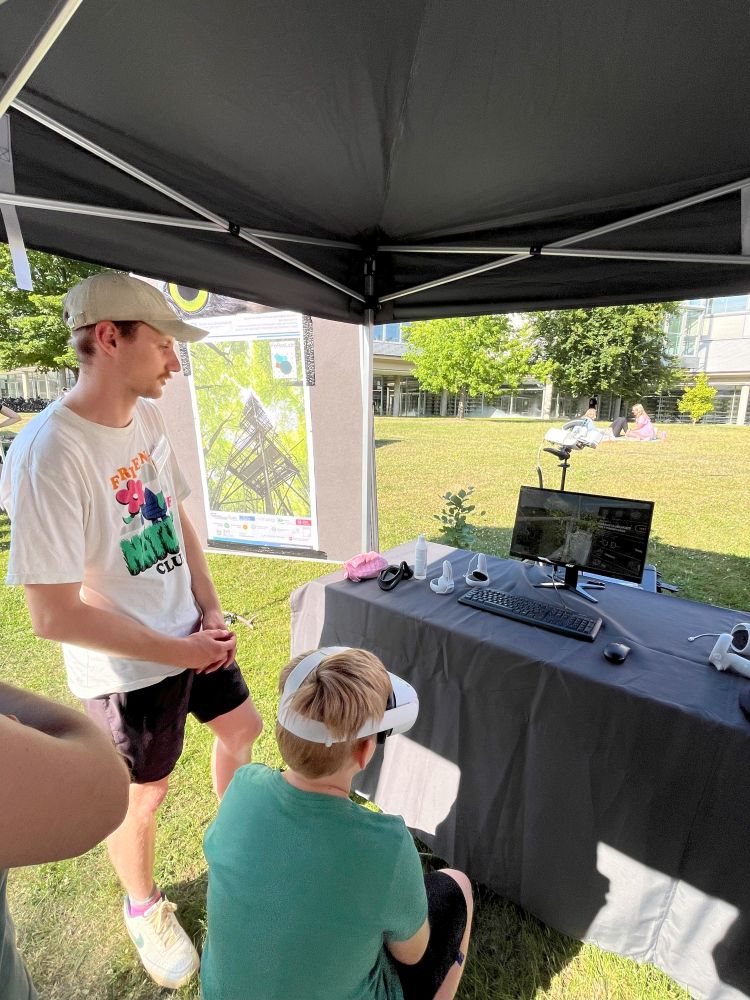
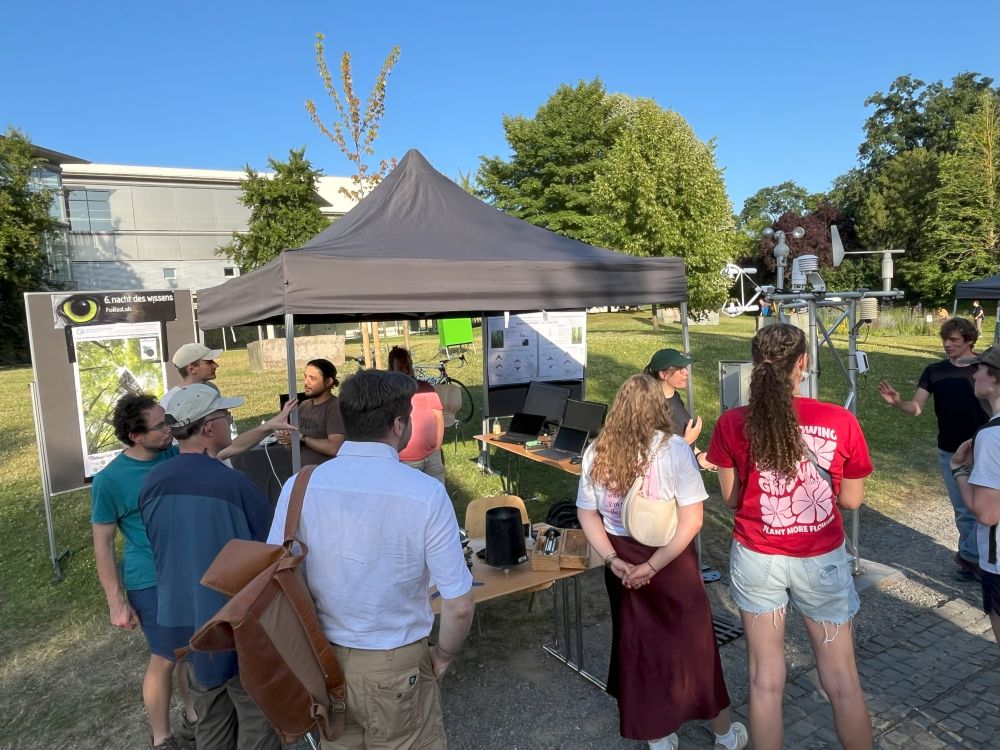
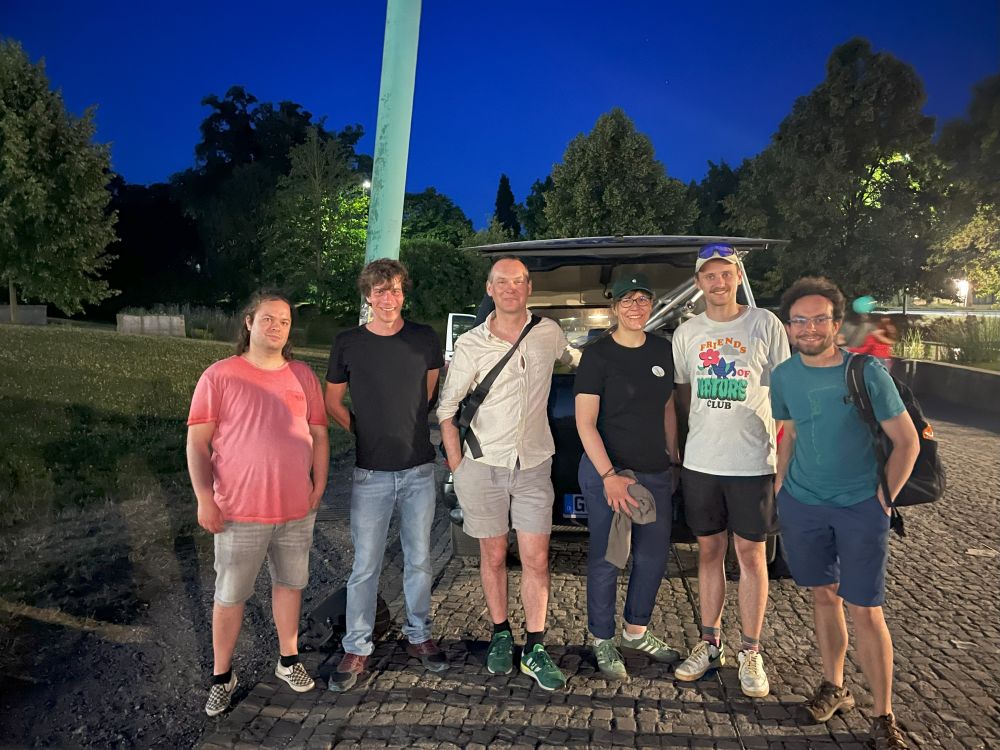
@bioclimatology.bsky.social
Reposted by Ingolf Kühn, Alexander Knohl
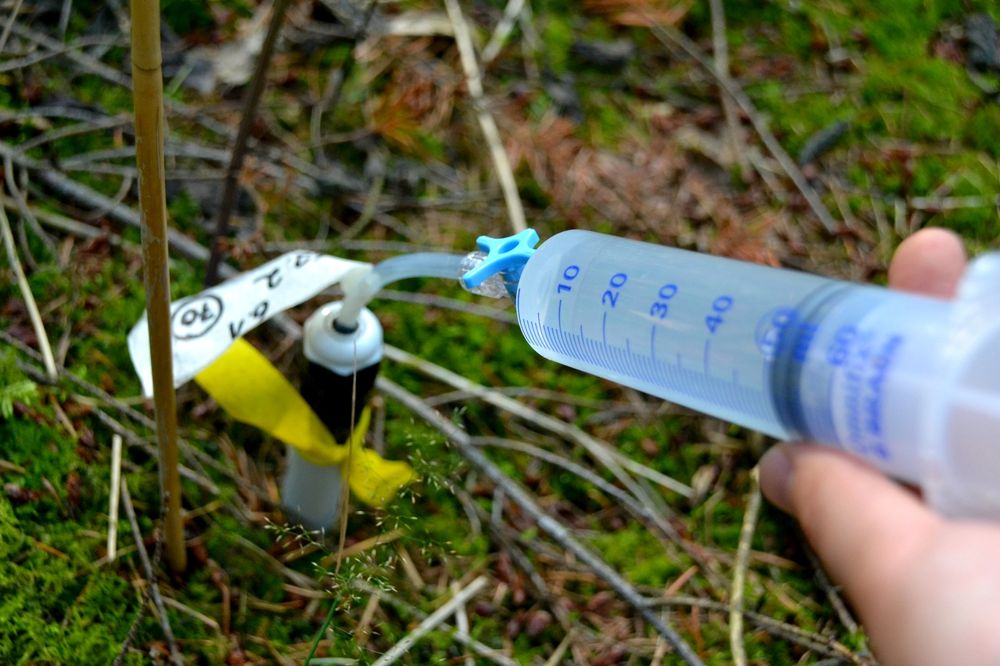
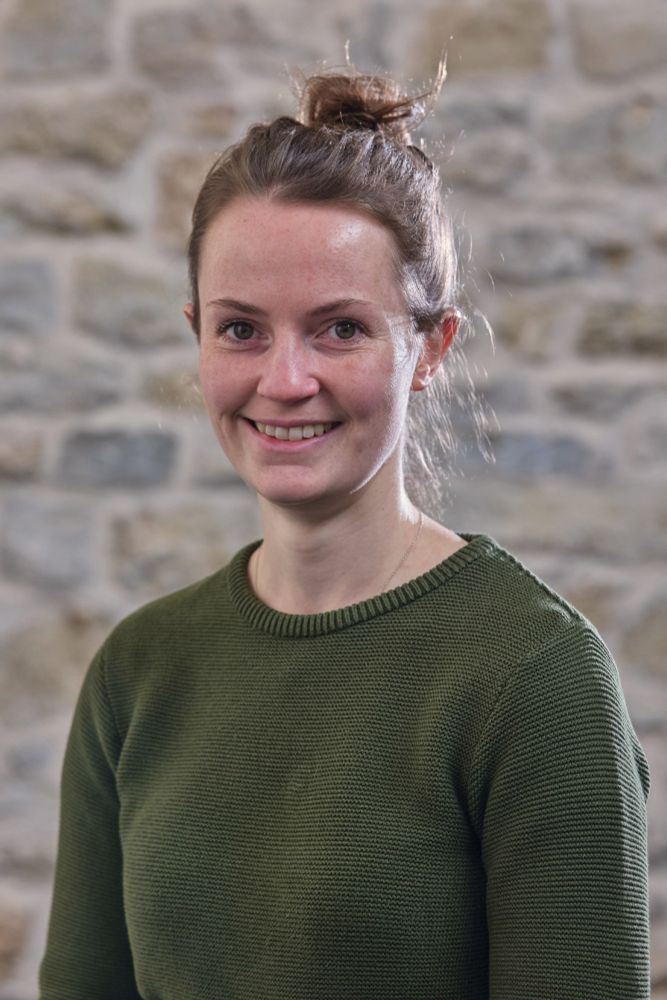
doi.org/10.1111/plb.70058
@christina-hn.bsky.social
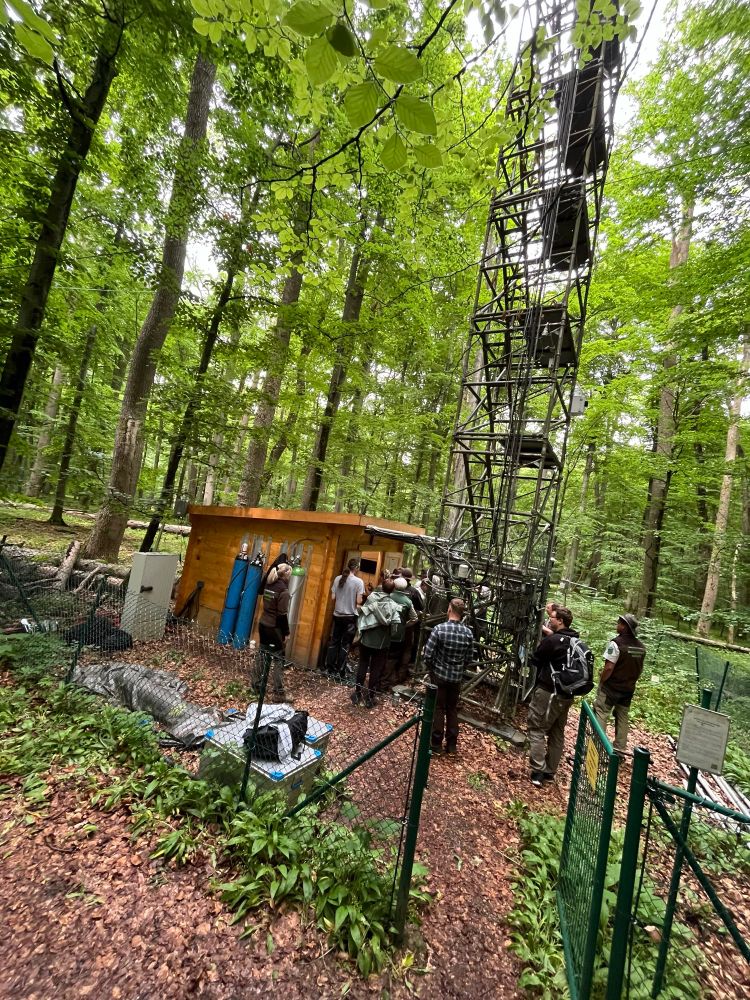
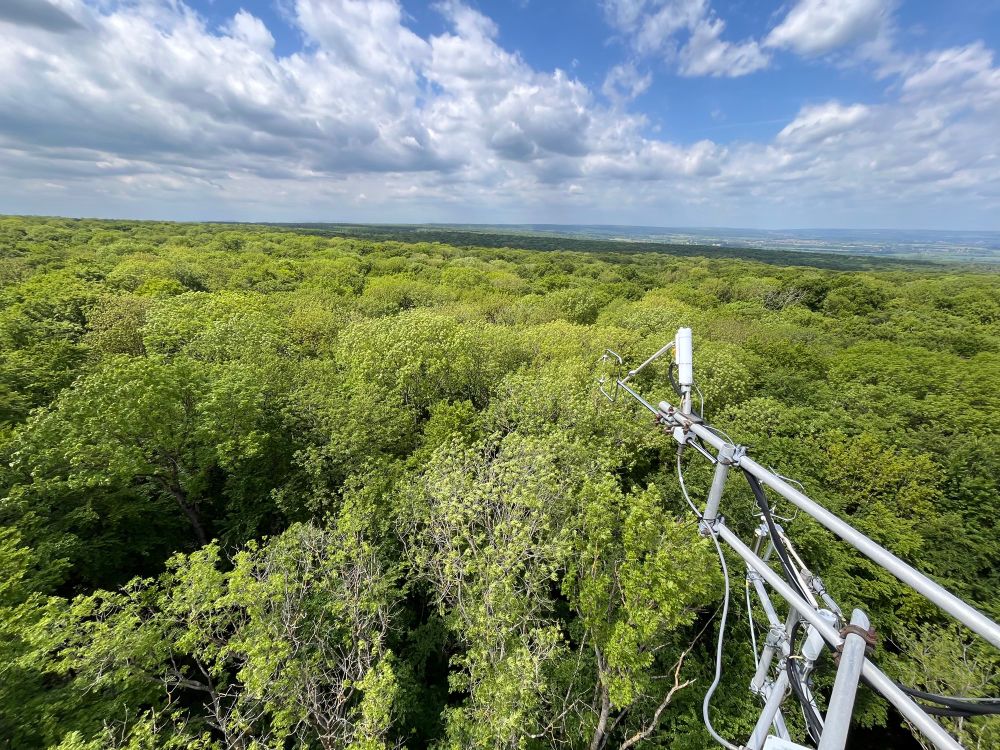
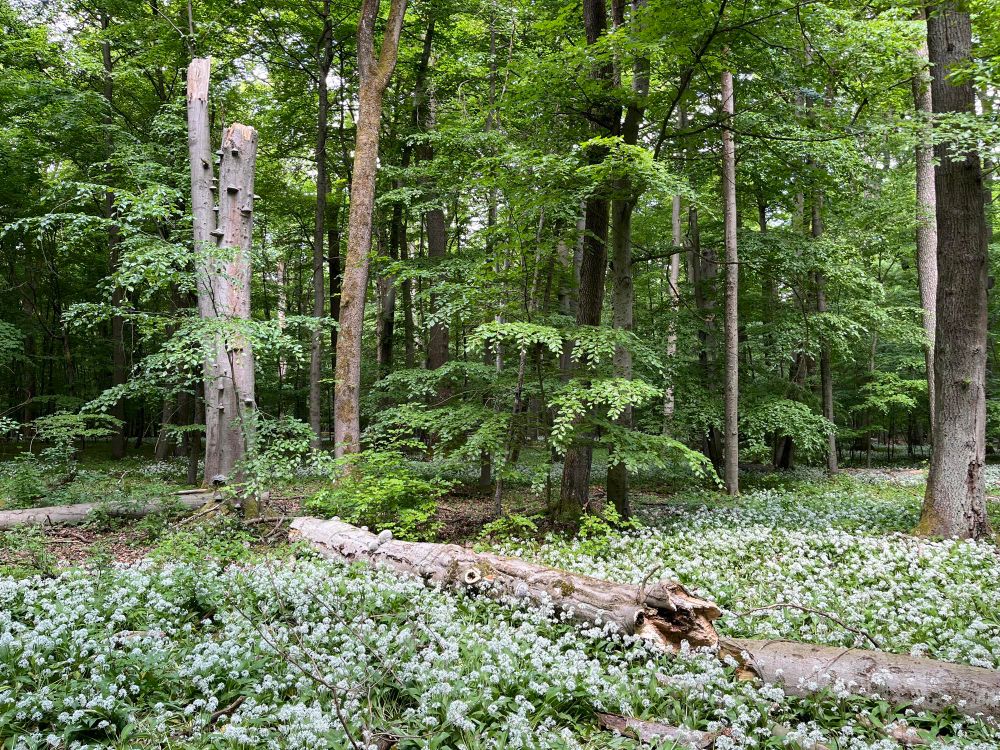
Thanks a lot for giving us the opportunity to work in this amazing forest for now over 25 years.
@icos-ri.eu
@foreslab.bsky.social

Reposted by Alexander Knohl


Research: www.sciencedirect.com/science/arti...
Reposted by Alexander Knohl
